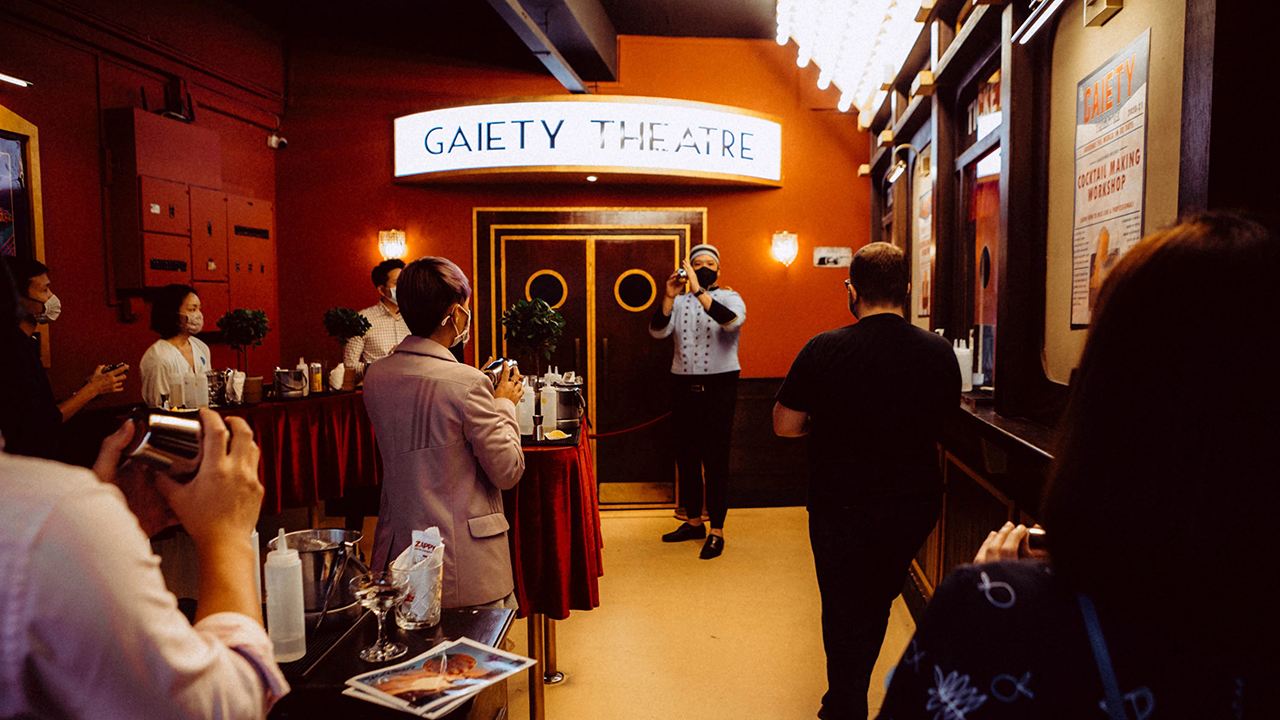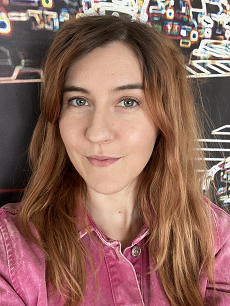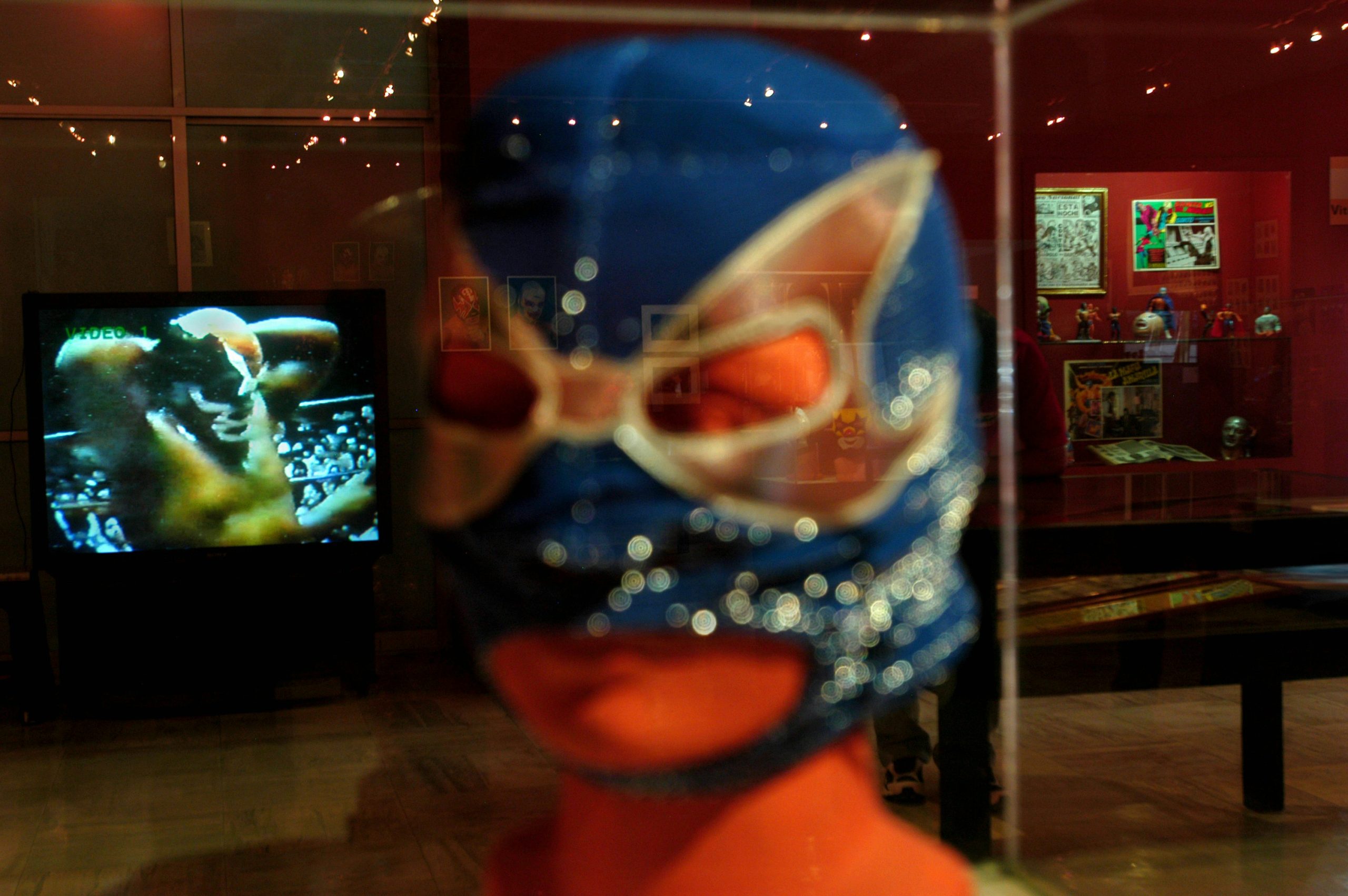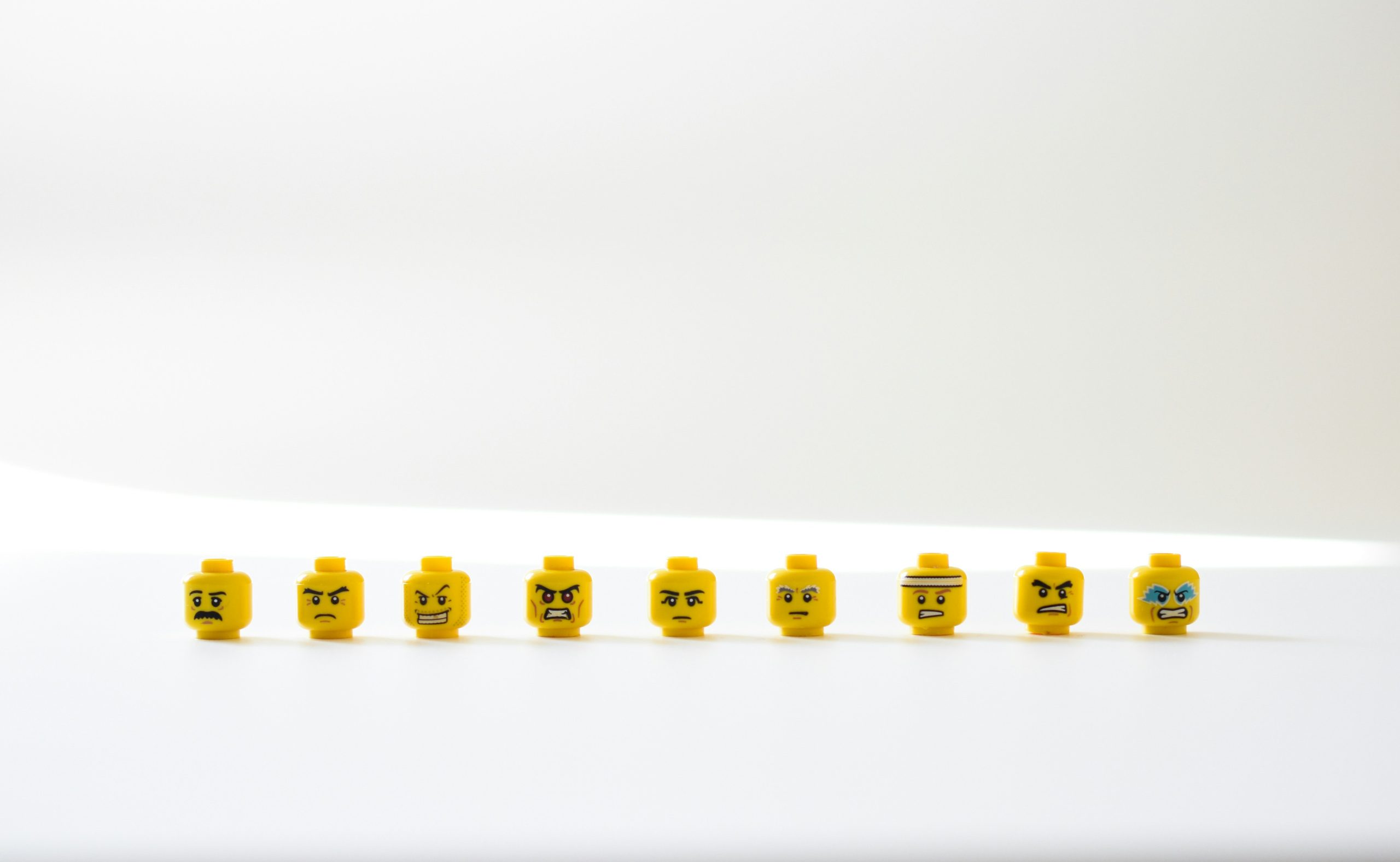WXO Case Studies tell the story of how experts across the Experience Economy have faced challenges, solved problems, and either pioneered new ideas or just figured out how to make something work really well.
We believe these experience-based ideas are highly transferable, and that you should be able to take what they discovered in their sector, and apply it in your area of the Experience Economy. If you’d like to share your own case study with the WXO community, please get in touch.
Local Singaporean theatre company AndSoForth were one of many thrown into disarray by the implementation of Covid restrictions, when performances were shut down. Having previously run immersive dining experiences that combined theatre and food, they were forced to think around the problem in order to stay in business.
The result was Around the World in 80 Days: Book Analysis Workshop, a multi-room, immersive workshop that invites guests to travel through London, the Suez Canal, Calcutta, Shenzhen, Japan and New York City, neatly circumnavigating the restrictions along the way. Stuart Wee, the co-founder of AndSoForth who, along with his wife Emily Png, runs Asia’s largest immersive dining experience, tells us how they did it and what they learned.
- Pre-pandemic, AndSoForth were sticking to a formula of dining + performance that had worked for them.
- Covid restrictions against mixing the two meant they had to rethink and redesign their experiences in order to stay in business.
- They adapted their Around the World in 80 Days dining experience into an interactive book workshop, the first of its kind and a novel way to allow guests to “travel” during lockdowns.
- The resulting success of the experience, which sold out its three-month run, has allowed them to invest in new experiences and the future of the company.
What did the Old World look like?
How were things going? What was good or bad?
Immersive dining with over-the-top performances and interactions. Things were great, but it was still a challenge getting ourselves out there. People found it hard to understand what we do and marketing was challenging. Like most immersive experiences, you can hear it from a friend or read it somewhere on the net, but it’s never the same as experiencing the show/event in person.
What was the Call to Adventure?
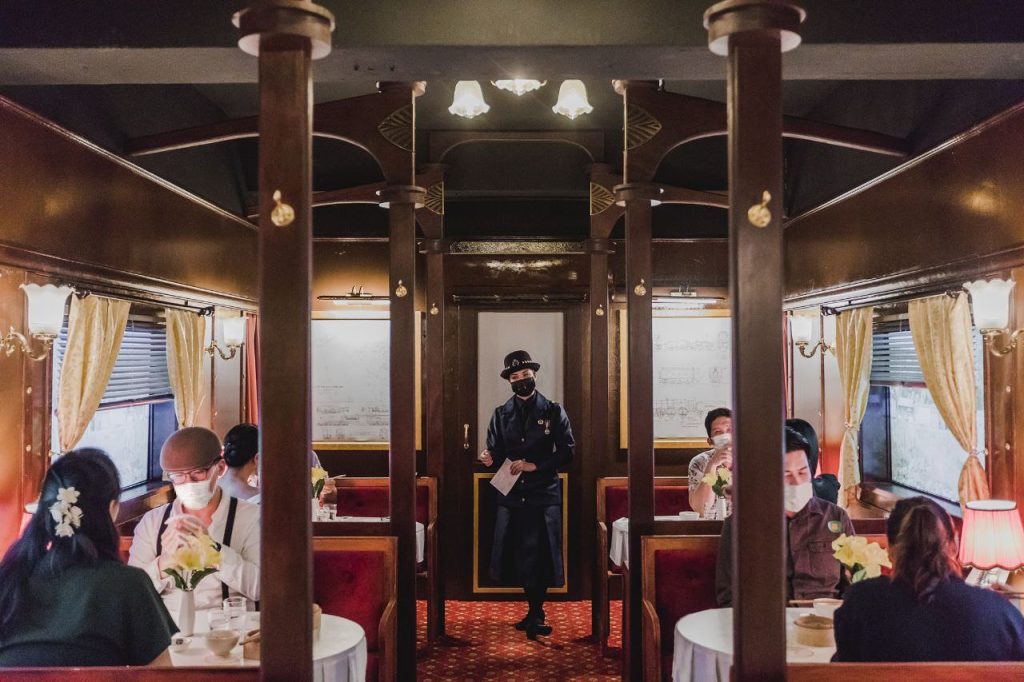
What was the problem, either “out there” – in society, the industry, the world – or “in here” – the firm, the community?
Covid-19 put a lot of restrictions in place, so we tweaked our usual dining experience into an immersive workshop: Around the World in 80 days. Because people couldn’t travel, they started to look inward. There were not many activities happening and our workshop stood out. It became easier to reach people because they didn’t have many options – they could tell their friends “Can’t travel? I can bring you around the world.” That was how word got around so quickly.
Who was your Mentor?
Did the people going on this journey have a mentor – either a real person or a way of thinking?
As we are one of the pioneers creating immersive experiences in Singapore and South East Asia, there aren’t many people we can seek advice from. We seek assistance from our collaborators, who are great in their own fields, and we learn great things every time we collaborate. We also seek advice from our friends running businesses on human resources, accounting, etc.
Why did you at first refuse the Call?
Why didn’t you action this before?
We thought the best form of immersive dining would be performance and dining, and didn’t think a hands-on, educational, immersive workshop would work.
What was the Inciting Incident?
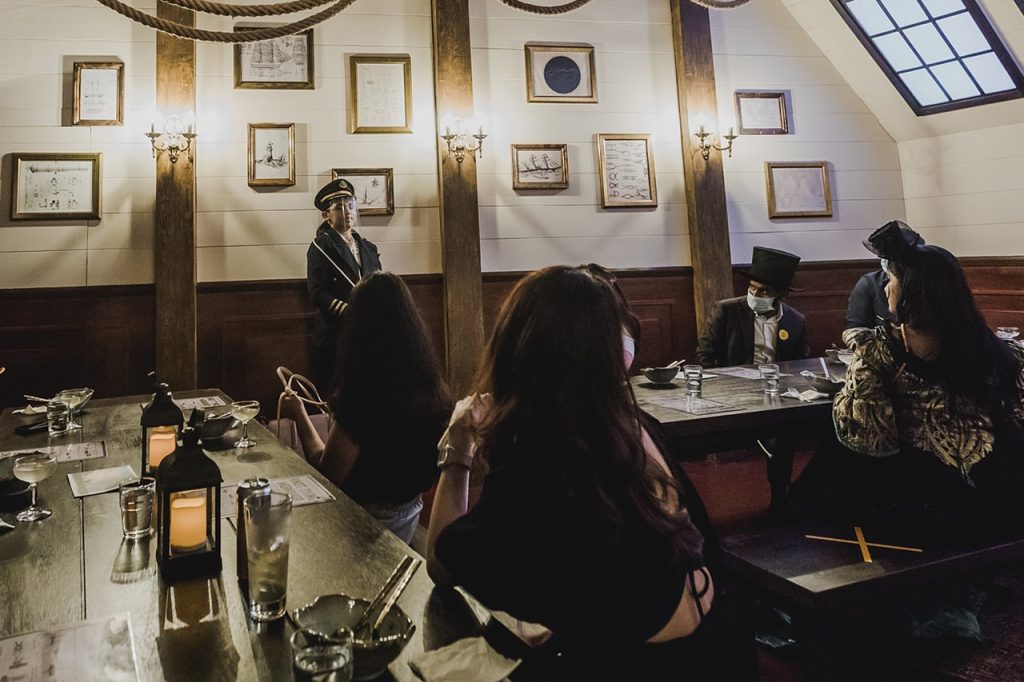
What changed?
Covid-19 regulations which meant that no performers or performance were allowed during dining.
What would have happened if you hadn’t Crossed the Threshold?
…or done what you’d always done before?
We would have had to close the company and start finding jobs!
What Trials did you face?
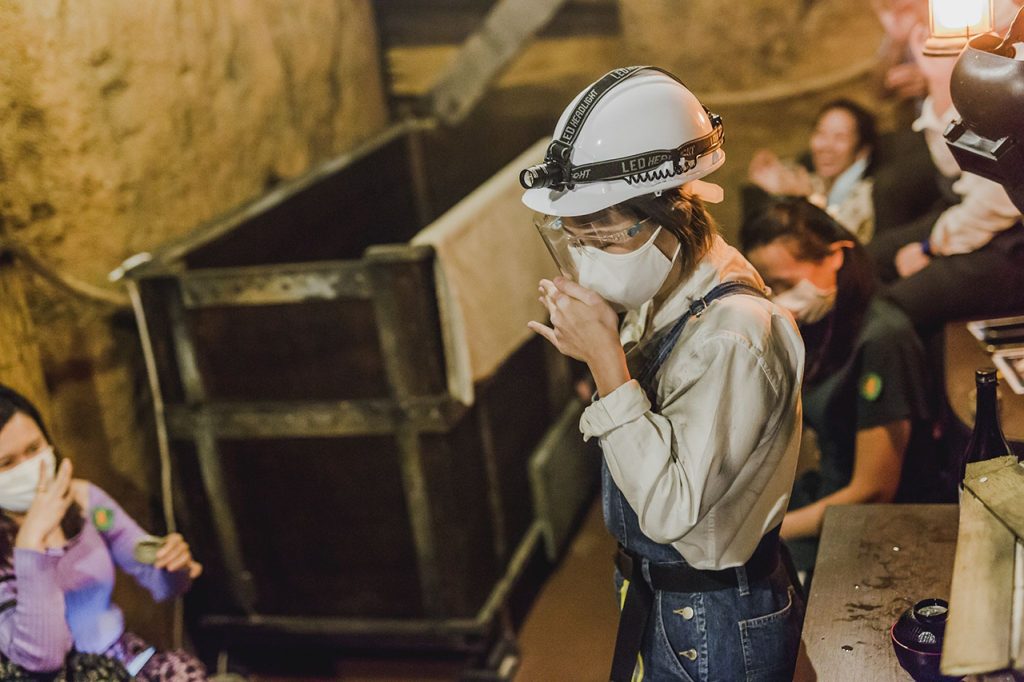
Lack of knowledge? Time? Money? Contacts?
Lack of time and money – we were also nervous about getting this experience approved by the government. It took some time, during which we had to pay rent and overheads.
Who were your Enemies?
Who stood in your way or tried to stop you?
Performances couldn’t happen, then some people from our local arts community saw that we could operate and were not too happy about it. They started to send in complaints to try and shut us down, but we assured the authorities that there weren’t any performances or close interactions.
Who were your Allies?
Who was on your side or helped you achieve your goal?
Our team! They stood by us, waited patiently for us to open and when we had to close, helped us through the multiple enquiries asking for a refund. We were also lucky that the government agencies (Singapore Tourism Board and National Arts Council) were open to hear us out when people where trying to shut us down.
What Tools helped you on this journey?
What’s the closest thing you had to King Arthur’s Sword, or Luke Skywalker’s lightsaber?
The internet! We are always learning and believe that if we need to learn a skill to create something, there is always a solution online.
What was the biggest Ordeal?
What was the toughest challenge you faced?
To fight our way through so that we could open the experience. Tweaking it and implementing safety management measures. We had to redesign the seating and readjust the content into a workshop.
Did you have any “Aha!” moments?
Moments of discovery and inspiration… times when instead of the fog of uncertainty, you suddenly saw the way forward?
We didn’t have many bookings at the start – people were unsure about the experience and also worried about the pandemic. It was when our regulars came in to fully support us during the first few sessions that we felt the fog begin to lift – they even told us that they enjoyed this more than our previous events, because it’s very hands-on and they appreciate the extra attention considering group sizes were reduced due to the regulations.
What was the Reward?
Think in terms of outputs and outcomes: outputs are what you produce, whereas outcomes are what happens as a result of the outputs.
Being sold out three months in advance! With the money we earned we were able to open a new experience, Absurdities, which took off as well.
How does the New World look now?
Now you’ve faced this challenge, what does it mean for you, your organization, and the world?
We expanded pretty quickly after that and now have to get our internal processes right. We are also looking to creating an experience ecosystem with more experiences.
What might the next Journey be?
Thinking ahead, what might the challenges ahead look like?
Now that quite a number of people have attended the experience, we need to look at how we can keep it running and expand our audiences.
You can buy tickets for Around the World in 80 Days and Absurdities now.
For more case studies and learning frameworks from the Experience Economy, check our Case Studies page here.

